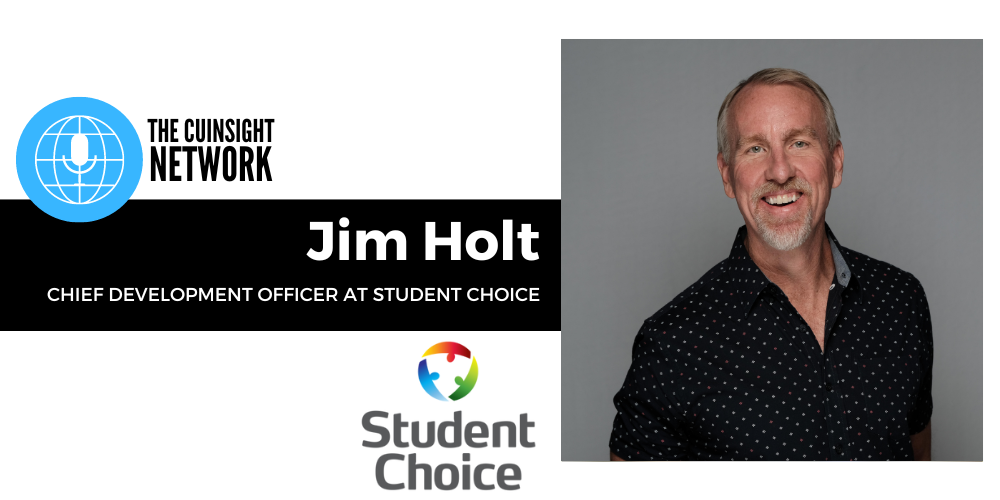Have you ever vowed to buckle down and start your diet/exercise plan “on Monday”—spending all weekend planning, picking a 5k to run, creating a detailed schedule, gone to buy all your healthy foods, and set the alarm Sunday night full of commitment…only to hit snooze on Monday (vowing to start tomorrow)?
Where did all the motivation go? And why do you feel like a completely different person when the alarm goes off?
Because in many ways…you are.
In behavioral economics this concept the concept of hyperbolic time discounting, but I call it the “I’ll start Monday effect”.
Future Self vs Present Self
Our brains are smart enough to differentiate when we think about ourselves than if we are thinking or talking about someone else. So, if I say “I am running” my brain lights up differently than if I say, “that guy is running.” However, when we think or talk about ourselves in the future, the brain lights up as if it is talking about a completely different person!
Some are more susceptible to this than others, but we are all victim to this from time to time.
That is why it is so easy to plan and commit “future Melina” to run and exercise on Monday. (Future Melina is super awesome by the way…she climbs mountains, has a blackbelt and eats nothing but salad.)
Unfortunately, when the alarm goes off it is “present Melina” waking up, realizing I was committing myself to all those grandiose tasks. So, I push it back on “future Melina” and vow to run tomorrow.
Saving, Swiping and Debt
Time discounting goes beyond diet and exercise. It is at the root of the savings problem because it is easier for humans to claim small rewards today over saving for potential rewards in the future. This also combines with optimism bias, encouraging members to take on debts beyond their ability to repay.
While it may be tempting to create a campaign to educate people on how their brains are biased and tell them to simply stop acting in this illogical way…I urge you to take the other path.
The subconscious brain makes the bulk of decisions and you can’t tell it to stop using time discounting any more than you can tell it to stop associating apples with the color red. It will not work.
Instead, understanding the rules of the brain will allow you to build those biases into your initiatives. For example, the Save More Tomorrow program got participants to nearly triple their 401k contributions in just over two years by getting them to pre-commit to a program that automatically increased contributions. Another study found that those who were shown an aged rendering of themselves (making the future-self tangible) saved more than those who did not.
Understanding what time discounting is and how it works is critical to helping your members to save more, get and stay out of debt, and not take on loans they can’t afford in the first place. Where will you incorporate this into your credit union?







